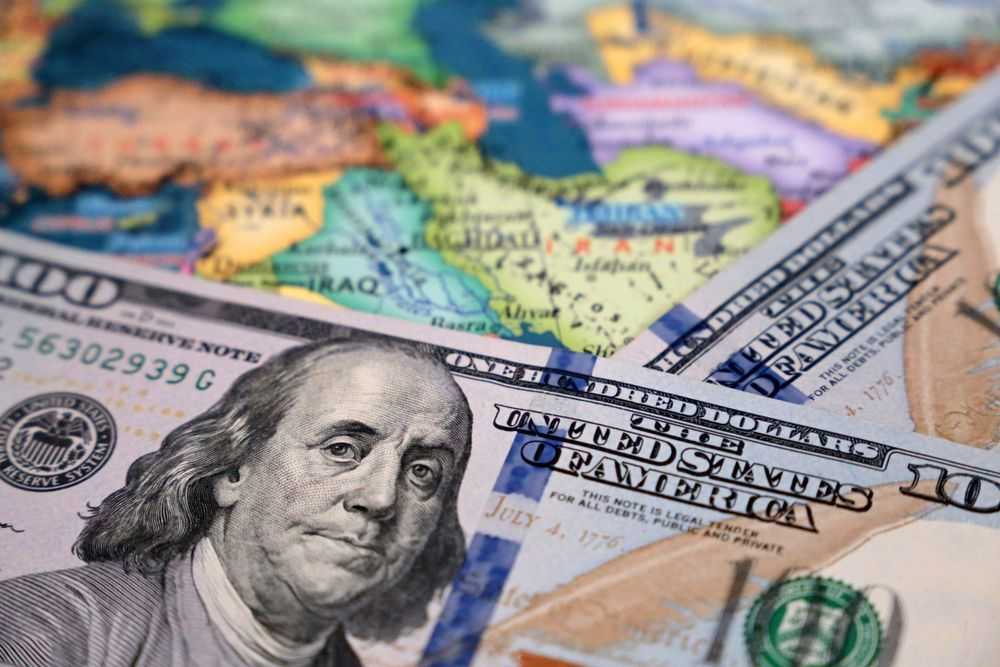Accueil>The End of US Hegemony? America’s Troubled Relationship with the Middle East

17.05.2023
The End of US Hegemony? America’s Troubled Relationship with the Middle East
À propos de cet événement
Le 17 mai 2023 de 17:00 à 19:00
Salle Goguel
27 rue Saint-Guillaume, 75007, ParisOrganisé par
CERISpeaker:
Bernard Haykel is a professor of Near Eastern Studies at Princeton University where he is also director of the Institute for the Transregional Study of the Contemporary Middle East. He has also led Princeton’s Project on Oil, Energy and the Middle East and teaches courses on this and other subjects. Professor Haykel is the author of “Revival and Reform in Islam” and co-editor (with Stéphane Lacroix and Thomas Hegghammer) of “Saudi Arabia in Transition,” both published by Cambridge University Press. He has just completed a book on the modern political history of Saudi Arabia titled Rescuing the Family Business: The Transformation of Saudi Arabia under MBS, and this will be published in 2024. He is the author of numerous articles on Islamism, Islamic law, the politics of Saudi Arabia and Yemen, as well as on Zaydism and Salafism. Professor Haykel has received several prominent awards, such as the Prize Fellowship at Magdalen College, University of Oxford, the Carnegie Corporation and Guggenheim fellowships and the Old Dominion Professorship at Princeton. Professor Haykel appears frequently in print and broadcast media. These include interviews in and articles for PBS, NPR, the New York Times, Project Syndicate, Al Arabia, Al Jazeera, VOA and the BBC among others. He earned his doctorate from the University of Oxford.
Moderator:
Stéphane Lacroix, Sciences Po-CERI
"Beginning with President Obama’s administration, the US has sought to diminish its presence in the Middle East and instead to “pivot to Asia” since the next major global competitor is considered to be China. This policy of considering the Middle East to be less important--indeed a major source of loss with respect to American blood, treasure and prestige--has created anxieties among America’s Middle Eastern allies such as Israel and Saudi Arabia. It has also encouraged traditional rivals such as Russia, and increasingly China, to engage more directly in the Middle East. This can be seen in Russia's augmented role in Syria, and more recently in China brokering a détente agreement between Tehran and Riyadh. US policy has also encouraged local states to seek to create their own spheres of influence and to compete more aggressively with each other, such as the recent rivalries between Turkey, Iran, Saudi Arabia and even the United Arab Emirates. The diminishing importance of the Middle East has been a consistent American policy since Obama, and was shared by President Trump and now President Biden. This talk will explore this feature in US policy towards the region and what its consequences might be in terms of US interests and the perennial question of stability in a turbulent yet geopolitically important region of the world."
Légende de l'image de couverture : Dollars américains sur la carte de l'Iran et de l'Irak. (crédits : Shutterstock.com)
À propos de cet événement
Le 17 mai 2023 de 17:00 à 19:00
Salle Goguel
27 rue Saint-Guillaume, 75007, ParisOrganisé par
CERI